A majority of Americans are not planning to get a COVID-19 booster vaccine this season, according to a survey.
The Pew Research Center's survey of 9,593 U.S. adults, conducted between October 21 and 27, found that 60 percent said they would "probably not" get an updated vaccine shot. Twenty-four percent said they likely would get an updated vaccine, while 15 percent said they had already received one.
The survey also asked people why they weren't getting a booster, and 61 percent said the major reason was they didn't think they needed it. Sixty percent listed concern about side effects as a major reason, while 26 percent said a major reason was aversion to vaccines in general. About 1 in 5 people listed these factors as a minor reason for deciding to not get a booster.

These results were remarkably similar across most age groups, except people over 65. Among 18- to 29-year-olds, 62 percent said they probably wouldn't get an updated vaccine, while 66 percent of 30- to 49-year-olds, 62 percent of 50- to 64-year-olds and 45 percent of those over 65 answered the same.
Democrats were much more likely to get a COVID booster shot, with only 37 percent saying they likely wouldn't, 39 percent saying they would and 23 percent having already received one. Republicans, on the other hand, were much less likely to get the jab: 81 percent said they likely wouldn't get a booster, with only 11 saying they would and 7 percent saying they already had.
The Pew Research Center said this bipartisan pattern is consistent with data it collected throughout the pandemic, which showed that Democrats were more likely than Republicans to be up to date with their COVID vaccinations.
The COVID-19 vaccine works by training the immune system to recognize and fight SARS-CoV-2, which is the virus that causes COVID-19. These vaccines use messenger RNA (mRNA) to instruct the cells to produce a harmless piece of the virus's spike protein, which is the part of the virus that allows it to infect human cells.
The body's immune system recognizes the spike protein as foreign and starts producing antibodies to fight it, as well as activating T cells, which help destroy infected cells and coordinate a long-term immune response. The immune system therefore remembers how to recognize and attack the virus if you're exposed to it in the future, providing you protection against infection.
The World Health Organization says 13.64 billion doses of COVID-19 vaccines have been distributed since the pandemic started in 2020. The WHO estimates that 67 percent of the global population received a complete primary series of COVID-19 vaccine as of December 31, 2023, with 32 percent having received at least one booster dose.
The boosters are developed because SARS-CoV-2 mutates over time, leading to new variants that may have changes in the spike protein, making them less recognizable to antibodies generated by earlier vaccines or infections. Updated boosters are tailored to target the most prevalent and concerning variants, providing better protection against current strains of the virus.
But fewer and fewer people are getting boosters. Previous Pew Research Center surveys found that 48 percent of Americans had received a booster in the prior six months in January 2022. This figure dropped to 38 percent in September 2022 and to 34 percent in May 2023. Only 15.3 percent of the U.S. population had received the bivalent COVID-19 booster vaccine as of January 18, 2023, according to the U.S. Centers for Disease Control and Prevention.
This decline may be due to the rise in vaccine skepticism fueled by online misinformation, which has led to a drop in vaccine rates across a spectrum of diseases. But it may also be due to a number of other factors.
"The strongest predictors of COVID-19 booster acceptance appear to be a history of chronic disease, trust in vaccine effectiveness, age older than 45, and the male gender. Even with eventual acceptance, delays due to booster hesitancy can expose people to greater risks of infection," researchers wrote in a study in the online journal Tropical Medicine and Infectious Disease in March 2023.
Another study, published in the journal Vaccine in October 2023, found that a large proportion of people didn't get a booster because they had already been infected with COVID-19. Other reasons listed in the study were fears of vaccine side effects, belief that the vaccine would not work at protecting them from COVID-19 or belief that a booster would not provide additional protection.
"Our results indicate that many people don't know that a booster provides additional protection even if they have already been infected or that the effectiveness of prior boosters wanes over time due to new variants," an author of the Vaccine paper, Elizabeth Jacobs, a professor of epidemiology at the Zuckerman College of Public Health, said in a statement at the time.
"So it's important to get another booster as we head into the fall and winter," she said.
Additionally, as COVID-19 has become less disruptive to daily life, many people may simply perceive the disease as less of a threat, particularly if they are young, healthy or have already been vaccinated or infected. After years of dealing with COVID-19, many people are simply tired of thinking about it and feel less motivated to get another shot.
"People aren't scared of this virus anymore," Paul Offit, director of the Vaccine Education Center at the Children's Hospital of Philadelphia, told Vox in 2023.
Do you have a tip on a science story that Newsweek should be covering? Do you have a question about COVID-19 boosters? Let us know via science@newsweek.com.
References
Beshay. (2024, November 19). 60% of Americans say they probably won't get an updated COVID-19 vaccine. Pew Research Center. https://www.pewresearch.org/short-reads/2024/11/19/60-of-americans-say-they-probably-wont-get-an-updated-covid-19-vaccine/
Limbu, Y. B., & Huhmann, B. A. (2023). Why Some People Are Hesitant to Receive COVID-19 Boosters: A Systematic Review. Tropical Medicine and Infectious Disease, 8(3), 159. https://doi.org/10.3390/tropicalmed8030159
Jacobs, E. T., Cordova-Marks, F. M., Farland, L. V., Ernst, K. C., Andrews, J. G., Vu, S., Heslin, K. M., Catalfamo, C., Chen, Z., & Pogreba-Brown, K. (2023). Understanding low COVID-19 booster uptake among US adults. Vaccine, 41(42), 6221–6226. https://doi.org/10.1016/j.vaccine.2023.08.080

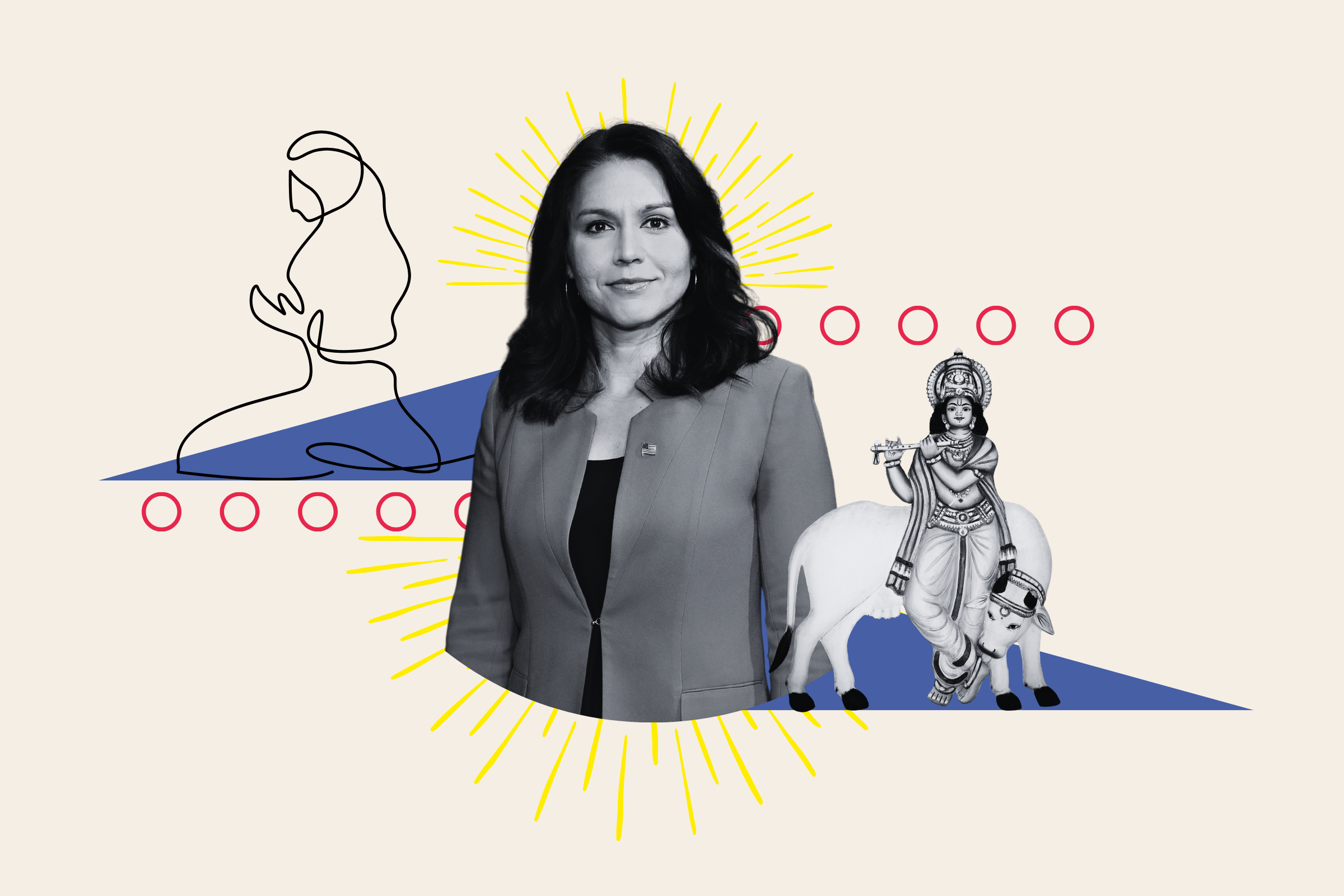
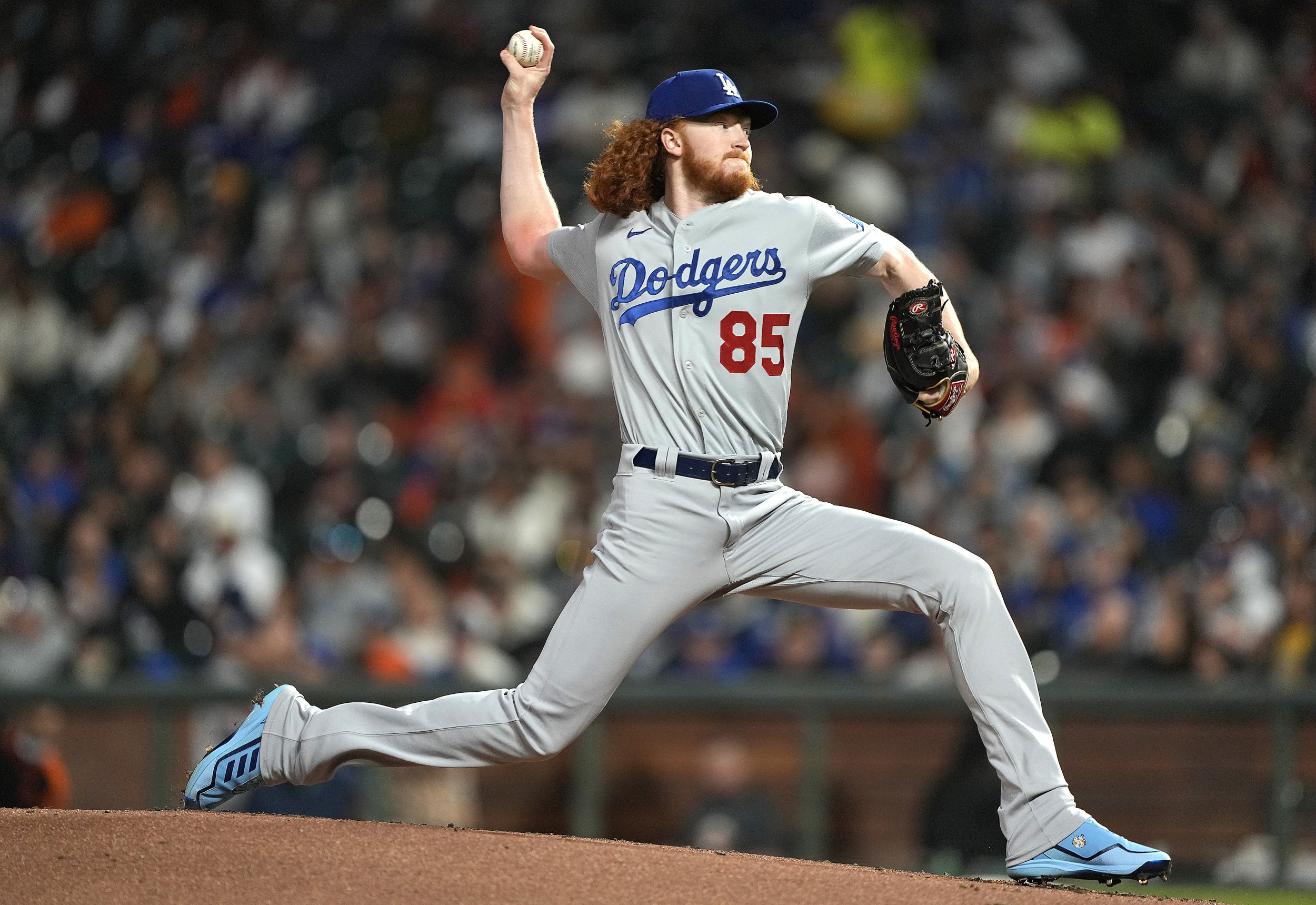


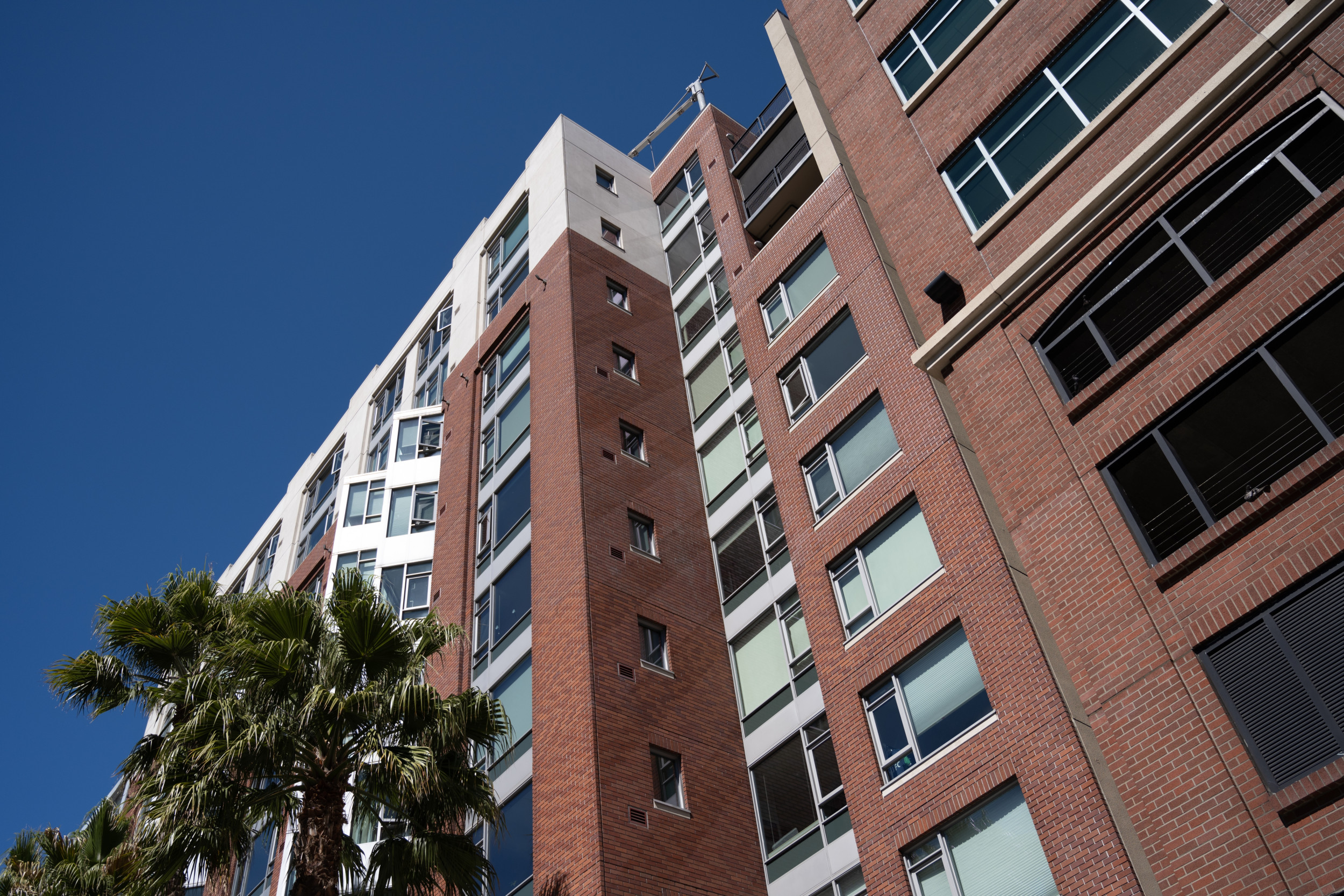



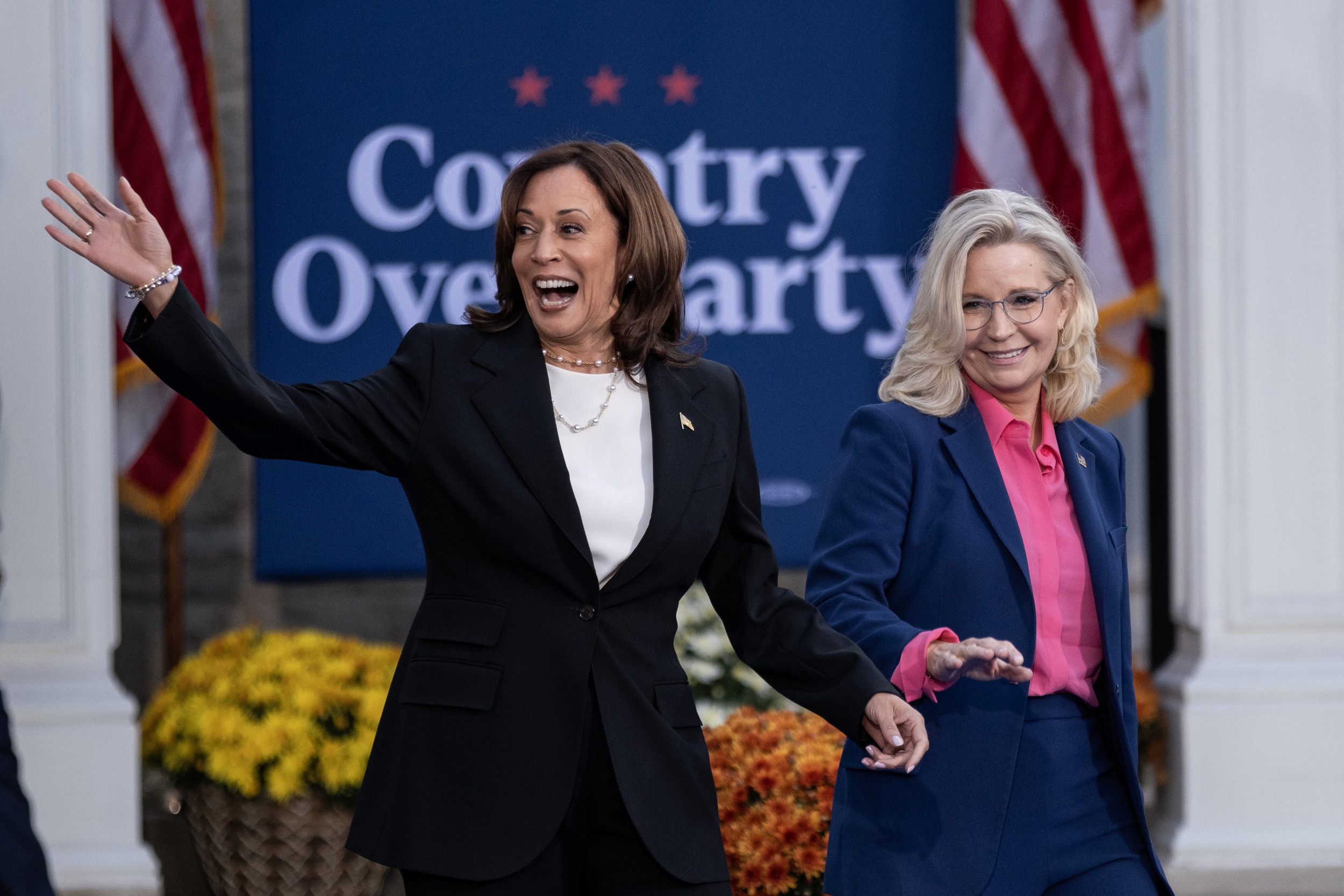

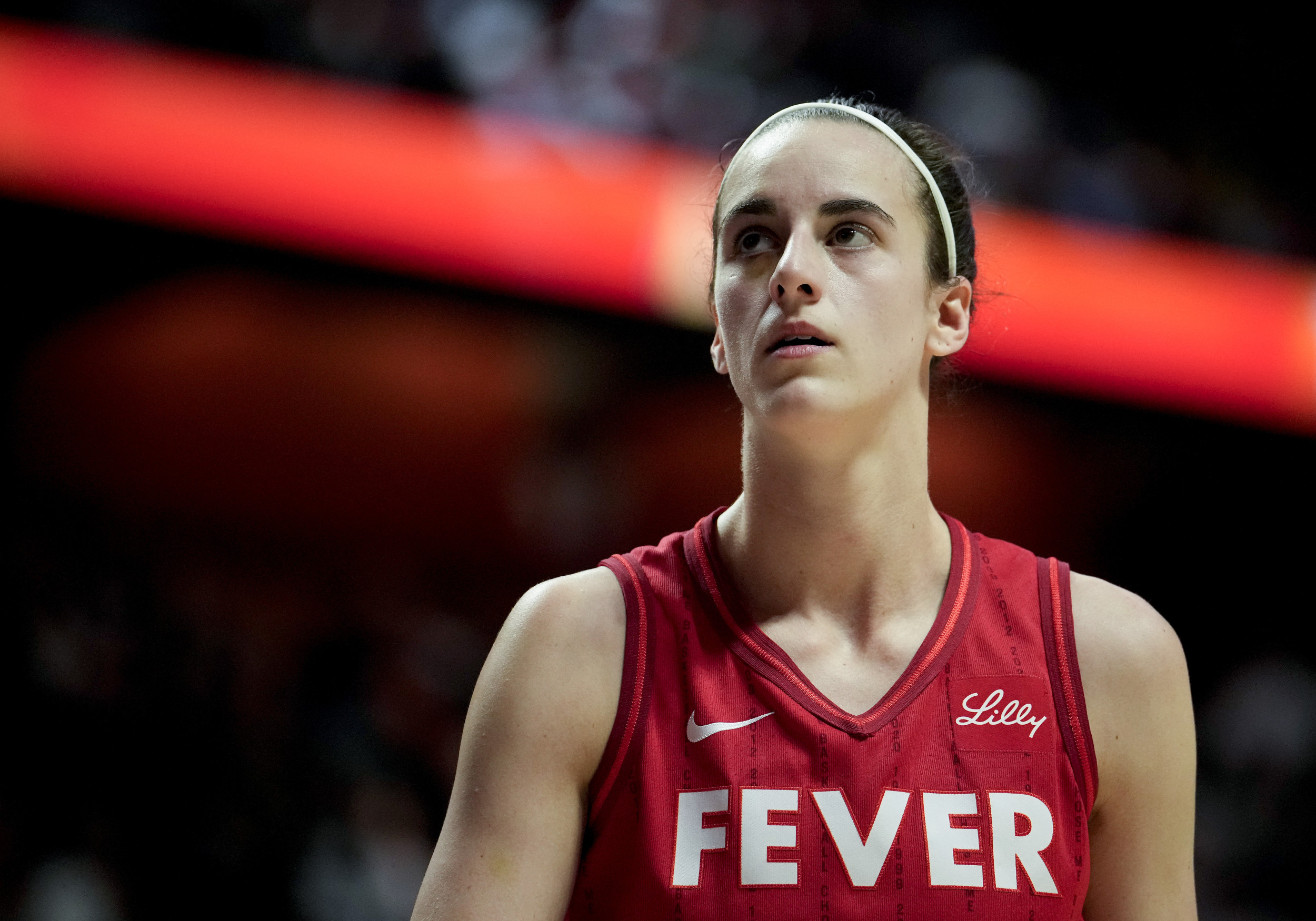








 English (US) ·
English (US) ·